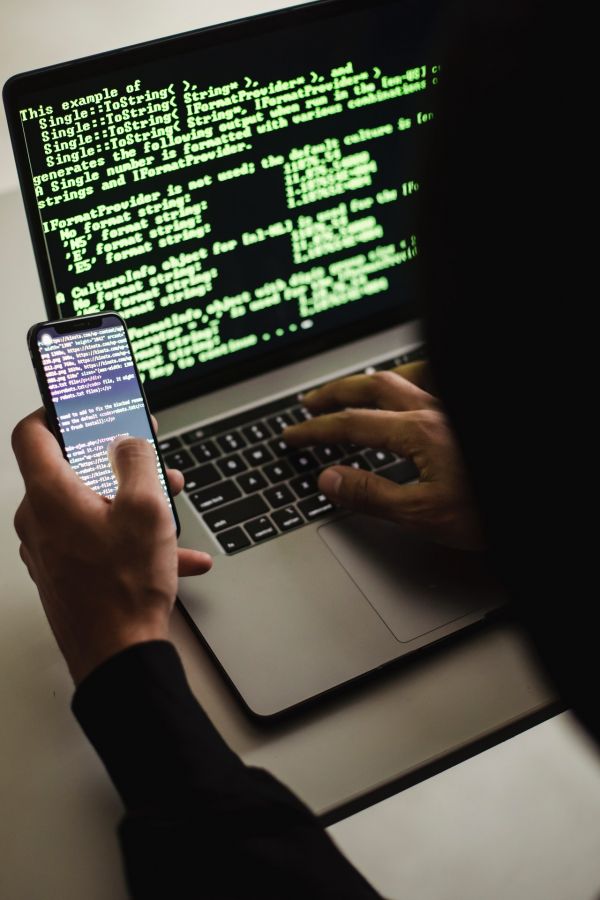
High-profile cyber attacks on companies such as Target and Sears have raised awareness of the growing threat of cyber crime. Recent surveys conducted by the Small Business Authority, Symantec, Kaspersky Lab, and the National Cybersecurity Alliance suggest that many small business owners are still operating under a false sense of cyber security.
The statistics of these studies are grim. The vast majority of U.S. small businesses lack a formal internet security policy for employees, and only about half have even rudimentary cyber security measures in place. Furthermore, only about a quarter of small business owners have had an outside party test their computer systems to ensure they are hacker proof. Nearly half do not have their data backed up in more than one location.
Don’t Equate Small with Safe
Despite significant cyber security exposures, a majority of small business owners believe their company is safe from hackers, viruses, malware or a data breach. This disconnect is largely due to the widespread belief that small businesses are unlikely targets for cyber attacks.
In reality, data thieves are simply looking for the path of least resistance. Symantec’s study found that 43% of attacks are against organizations with fewer than 250 employees. These attacks can come in surprising ways, such as: